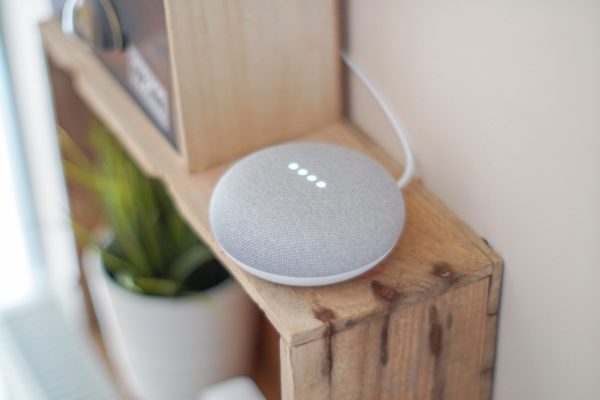Today, humans aspire to equip their homes with as much smart technology as possible, check here for some great condos that come equipped with the latest smart home security systems.
There are many internet-connected devices such as kettles, baby monitors and security systems, the list is getting lengthier each day. However, all these devices render us even more vulnerable to hackers and burglars than before.
So is there a way to safeguard ourselves against such malicious attempts? The first thing to do is to install a reliable VPN (a virtual private network). For an overview of the most effective services of this kind, visit vpn-review.com or do a google search. It’s no use waiting for manufacturers to comprehend the scope of threats posed by their IoT brainchildren.
Imagine that someone gains access to the cameras you use to make sure your baby is sound asleep, or that your dog has been fed. They would receive information about the layout of your house, the hours you work. Or they could understand that you are away on vacation, which means perfect time for a break-in. Sounds creepy, isn’t it? This surely conjures up some post-apocalyptic stories.
Neglect and ignorance
At the moment, the security facet is often neglected. It is better to take action and protect ourselves from the Internet’s hidden dangers. From computer viruses to identity theft and burglary, hacking is rampant and versatile.
Today, the only viable method to stay safe is to safeguard your critical infrastructure with the help of a VPN. Here is what you need to do.
VPN: the principle
As a rule, all smart devices within a home will be connected to the same wifi network. This is convenient, but it also exposes them to malicious intrusions. Most routers allow configuring VPN, which means all your gadgets are online via an encrypted and thus secure network.
Password update
It is advisable to change your default passwords to those that are hard to crack. In addition, make sure your software is updated regularly.

Exercise caution
The internet has lists of the most vulnerable devices on the market. For instance, google “the least secure products on Amazon”. Before making another purchase, it is wise to examine the product’s security features. Do not trust the hype: while smart devices as gifts are all the rage, consumers often adopt a careless attitude in their desire to impress others.
In their recent research, computer scientists at The College of William & Mary concluded that even seemingly harmless things like light bulbs or smart plugs may now provide criminals with entry points. Imagine, for example, the potential effects of hacking the power grid. What if your air conditioners, like Stephen King’s monster trucks, seem to acquire a mind of their own in the middle of a scorching summer?.

